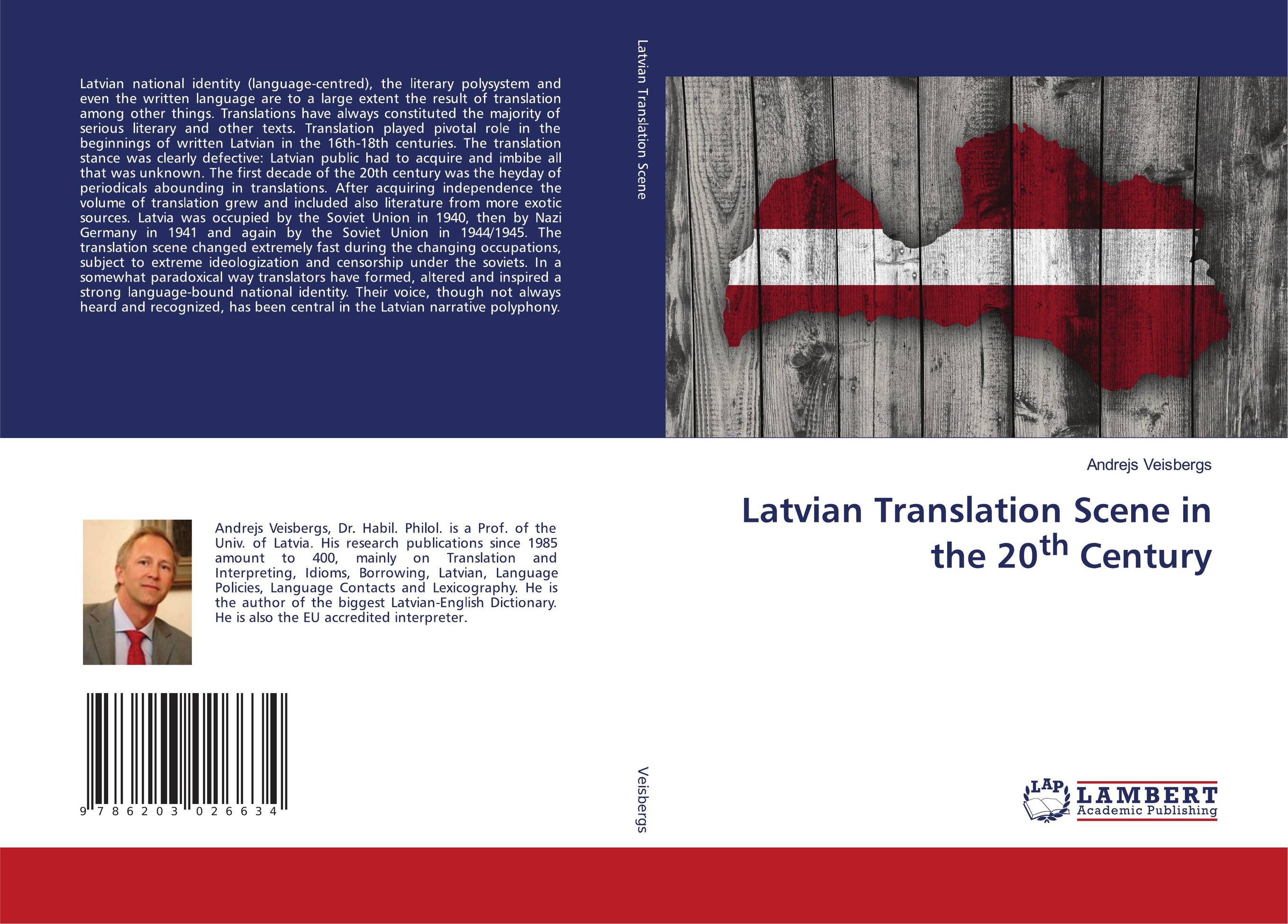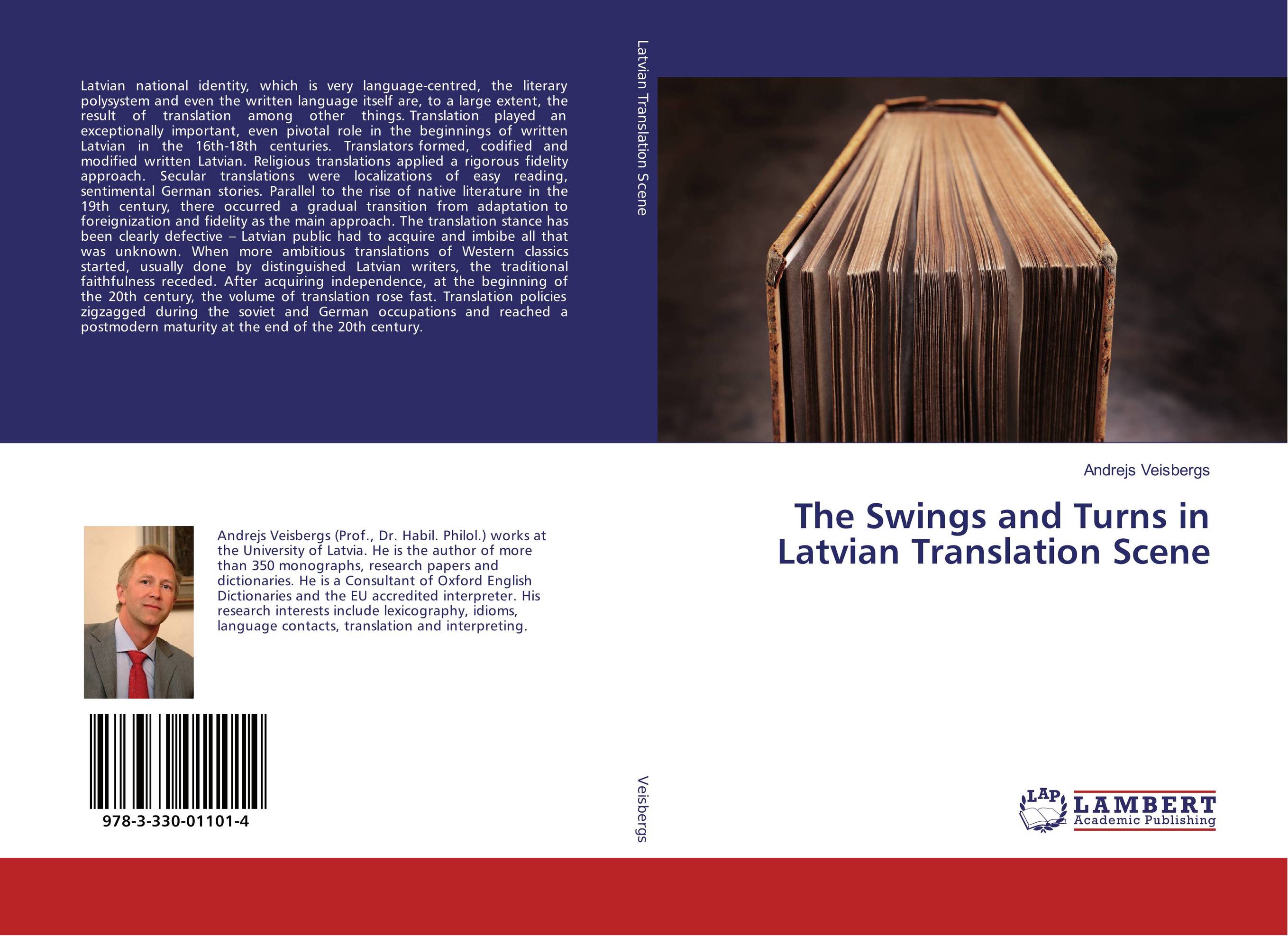| Поиск по каталогу |
|
(строгое соответствие)
|
- Профессиональная
- Научно-популярная
- Художественная
- Публицистика
- Детская
- Искусство
- Хобби, семья, дом
- Спорт
- Путеводители
- Блокноты, тетради, открытки
Latvian Translation Scene in the 20th Century.

В наличии
| Местонахождение: Алматы | Состояние экземпляра: новый |

Бумажная
версия
версия
Автор: Andrejs Veisbergs
ISBN: 9786203026634
Год издания: 2020
Формат книги: 60×90/16 (145×215 мм)
Количество страниц: 176
Издательство: LAP LAMBERT Academic Publishing
Цена: 30717 тг
Положить в корзину
| Способы доставки в город Алматы * комплектация (срок до отгрузки) не более 2 рабочих дней |
| Самовывоз из города Алматы (пункты самовывоза партнёра CDEK) |
| Курьерская доставка CDEK из города Москва |
| Доставка Почтой России из города Москва |
Аннотация: Latvian national identity (language-centred), the literary polysystem and even the written language are to a large extent the result of translation among other things. Translations have always constituted the majority of serious literary and other texts. Translation played pivotal role in the beginnings of written Latvian in the 16th-18th centuries. The translation stance was clearly defective: Latvian public had to acquire and imbibe all that was unknown. The first decade of the 20th century was the heyday of periodicals abounding in translations. After acquiring independence the volume of translation grew and included also literature from more exotic sources. Latvia was occupied by the Soviet Union in 1940, then by Nazi Germany in 1941 and again by the Soviet Union in 1944/1945. The translation scene changed extremely fast during the changing occupations, subject to extreme ideologization and censorship under the soviets. In a somewhat paradoxical way translators have formed, altered and inspired a strong language-bound national identity. Their voice, though not always heard and recognized, has been central in the Latvian narrative polyphony.
Ключевые слова: Latvia, translation, Latvian in the 16th-18th centuries, Soviet Union, Latvian narrative polyphony
Похожие издания
 | Отрасли знаний: Общественные науки Andrejs Veisbergs The Swings and Turns in Latvian Translation Scene. . 2016 г., 108 стр., мягкий переплет Latvian national identity, which is very language-centred, the literary polysystem and even the written language itself are, to a large extent, the result of translation among other things. Translation played an exceptionally important, even pivotal role in the beginnings of written Latvian in the 16th-18th centuries. Translators formed, codified... | 21526 тг |



